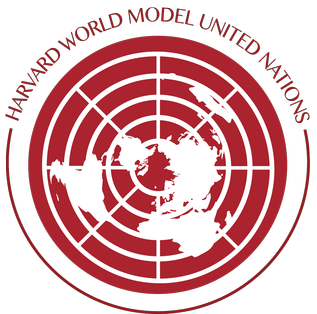Malaika Sequeira
who@worldmun.org
Malaika Sequeira is a junior at Harvard College studying English alongside Women's, Gender, and Sexuality Studies, with a secondary in French. At WorldMUN, she will be chairing the WHO! In her free time she loves to watch standup comedy sets, discover new music genres, bake cookies, and binge the Office while eating her freshly baked cookies. Malaika is thrilled about the conference, and can't wait to connect with everyone!
Topic: Global Vaccine Distribution
The recent COVID-19 pandemic left no corner of the world untouched, and its domino effects continue to linger on a global and local scale – vaccine inequality, overwhelmed healthcare facilities, and border closures driving massive supply chain disruptions and economic downturns are among the many fallen dominos. This year in ECOSOC, we will step into the shoes of the World Health Organization (WHO) and identify the gaps in epidemic and pandemic response strategies, followed by crafting airtight preventative measures. Our goal is to ensure that both developed and developing countries are not only equipped to respond to widespread health emergencies swiftly but are also prepared to prevent the re-emergence of outbreaks, ultimately safeguarding global health security.


